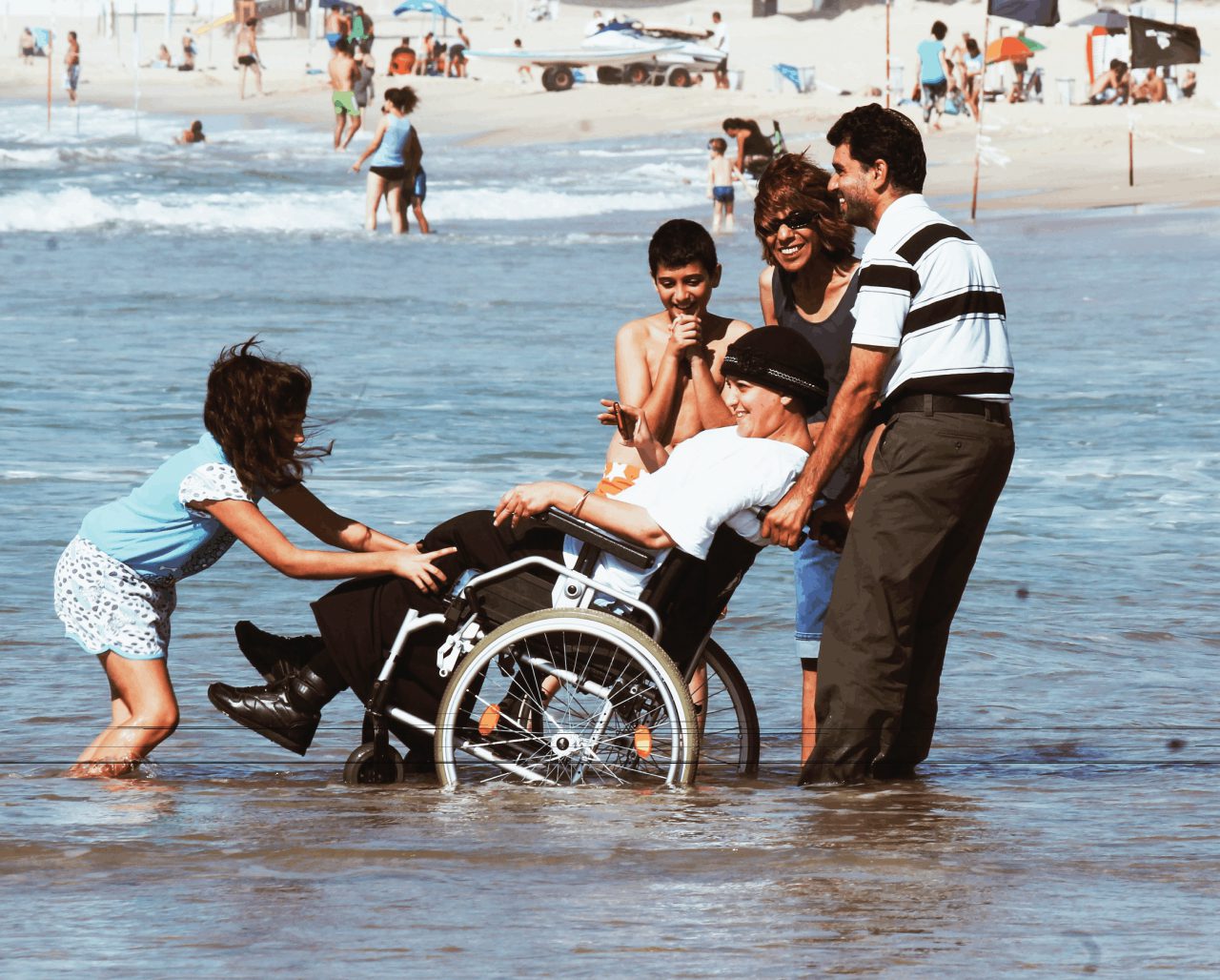The Dual Role: NDIS Provider and Family Caregiver
- Balancing Act: Supporting your own family as an NDIS provider requires a delicate balancing act between professional responsibilities and personal connections. It’s essential to establish clear boundaries to maintain the professionalism needed in the role.
- Understanding NDIS Guidelines: Familiarise yourself with NDIS guidelines and regulations, ensuring that your support services comply with the standards set by the scheme. This includes adhering to the NDIS Code of Conduct and maintaining the necessary qualifications and registrations. Follow a comprehensive guide to registration with EnableUs.
- Benefits of Being an NDIS Provider for Your Family:
- Personalised Care: Being intimately familiar with your family members’ needs allows for a highly personalised approach to care and support.
- Flexibility: As a family member, you have the flexibility to adapt and adjust support services based on real-time needs and changes in circumstances.
Challenges You May Encounter:
- Emotional Strain: Balancing the emotional investment in your family relationships with the professional aspect of care provision can be emotionally challenging.
- Boundary Issues: Maintaining clear boundaries between your roles as a family member and an NDIS provider is crucial. It requires open communication and mutual understanding.
Practical Steps to Navigate the Dual Role
1. Open Communication:
- Foster open communication with your family members about the dual role. Discuss expectations, boundaries, and the professional nature of your responsibilities.
2. Documenting Support Plans:
- Clearly document support plans to ensure transparency and compliance with NDIS requirements. This documentation serves as a professional record of the services provided.
3. Seeking External Support:
- Consider involving external support workers for certain tasks. This helps in maintaining a balance and avoiding burnout, especially for complex or emotionally taxing situations.
4. Regular Training and Professional Development:
- Stay updated with relevant training and professional development opportunities. This not only enhances your skills but also ensures you are well-informed about the latest developments in the disability support sector.
Navigating Legal and Ethical Considerations
1. Conflict of Interest:
- Be aware of potential conflicts of interest. It’s essential to navigate these situations with transparency and integrity, ensuring that your actions align with both your familial and professional roles.
2. NDIS Code of Conduct:
- Adhere to the NDIS Code of Conduct, which outlines the ethical standards expected of providers. This includes respecting the rights, dignity, and confidentiality of the individuals you support.
3. Legal Requirements:
- Ensure that you meet all legal requirements to operate as an NDIS provider. This includes maintaining necessary registrations, certifications, and compliance with any relevant legislation.
Building a Supportive Network
- Connect with Other NDIS Providers:
Joining networks or communities of other NDIS providers can provide valuable insights and support. Sharing experiences with individuals facing similar challenges can be reassuring. - Engaging with Support Organisations:
Seek guidance from NDIS support organisations. They can offer advice on navigating the complexities of being both an NDIS provider and a family caregiver. - Regular Check-Ins with Your Family:
Regularly check in with your family members to assess their satisfaction with the support provided. Encourage open communication to address any concerns or suggestions.
Taking Care of Yourself
- Self-Care Practices:
Prioritise self-care practices to maintain your physical and mental well-being. This includes setting aside time for relaxation, recreation, and activities that bring you joy. - Seeking Professional Support:
If the dual role becomes overwhelming, consider seeking professional support for yourself. Engaging in counselling or supervision can provide a space to discuss challenges and strategies.Supporting your own family as an NDIS provider is a unique journey that requires careful navigation of both professional and personal dynamics. By establishing clear communication, adhering to ethical guidelines, and seeking external support when needed, you can create a harmonious balance between fulfilling your role as an NDIS provider and maintaining the strong bonds within your family. Ultimately, the dual role offers an opportunity to provide highly personalised and flexible support to your loved ones, contributing to their overall well-being.


























